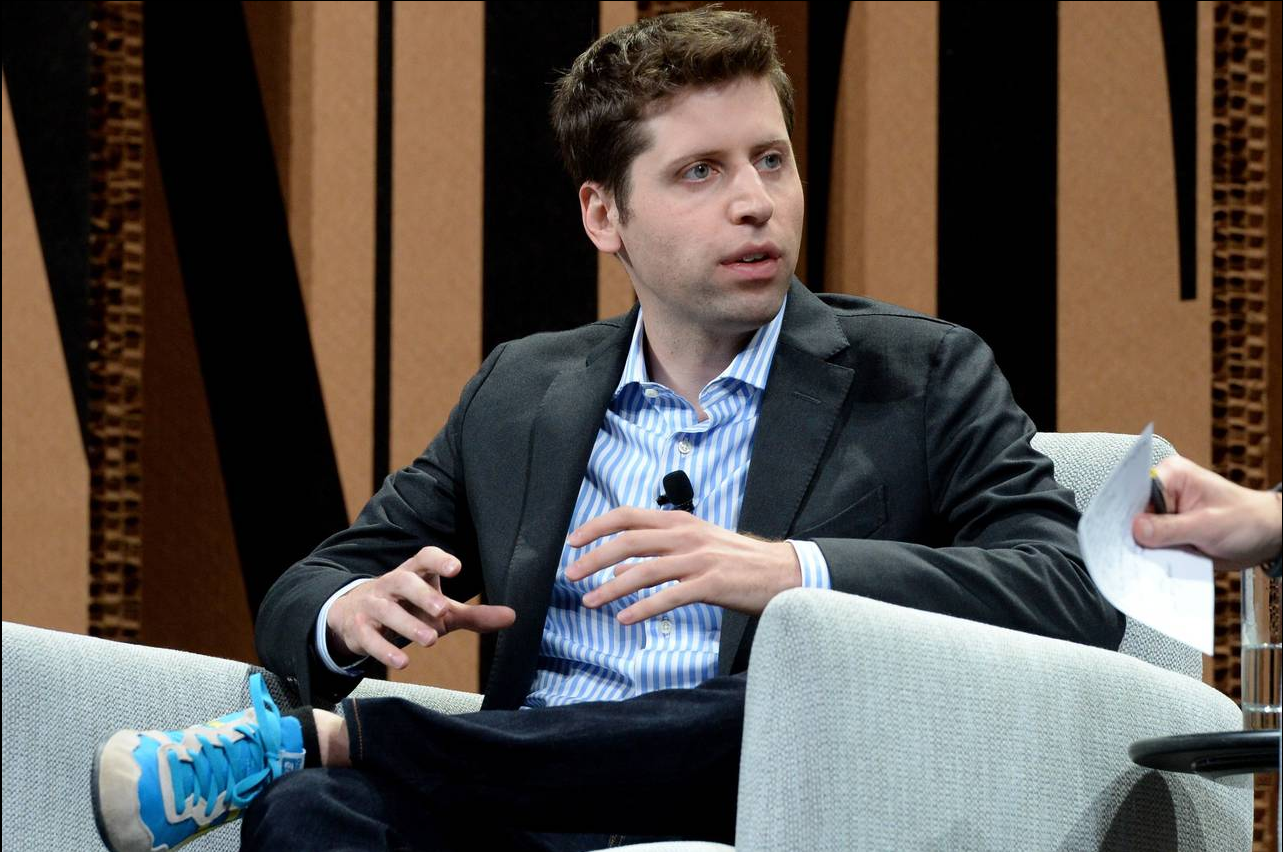Great Future Y Combinator
- Transfer

Recently, venture capitalists have been talking a lot about “signal risk” and seed investments. The bottom line is: if in the early stages of a startup, its investors were large venture capital firms, who later refused to participate in the next round of financing, then the company will have difficulty finding a decent offer for round A.
Although this problem is not new, data published by CB Insights , show that it is worth contacting again. CB Insights reports that 35% of all seed-invested companies reach Round A. Companies that have a reputable venture fund among their early investors receive serious money with a 51% probability (assuming the fund takes part in the round).
That was good news. But the bad thing is: if the venture capital institution decides not to participate in the financing of the startup in round A, the company's chances of closing the round fall to 27%.
All this reminded us of Y Combinator, the famous startup accelerator, and his plans for the future. He makes seed investments on a large scale to get a share in startups and is not worried about signal risk: no one expects Y Combinator to invest in subsequent rounds. It turns out that the combinator is looking for promising companies and passes them into the hands of investors interested in rounds A, B and C.
Однако недавно прошел слух, что Y Combinator планирует начать инвестировать в компании, находящиеся на этапе роста. Вероятно, Y Combinator попросту вынужден делать это – акселератору стало слишком тяжело поддерживать столь крупную организацию, не владея долей в успешных проектах, таких как Airbnb (компания оценена в $24 млрд) и Twitch, который в прошлом году купила Amazon (за $ 970 млн).

На фото: Сэм Альтман
Фотограф: Майкл Ковач (Michael Kovac)
Недавно Сэм Альтман в блоге компании рассказал, что Али Ровгани (Ali Rowghani) присоединился к YC в качестве постоянного партнера и быстро стал доверенным советником для многих из растущих компаний акселератора. Там же он сообщил, что Али будет управлять «свежесозданным» фондом YC Continuity.
“This fund will allow us to support companies after they graduate from YC,” says Sam Altman. “Firstly, we will finance all YC companies in each round, estimated at less than $ 300 million. We believe that only the best companies were selected in the past, so we want to support them in the future.”
“Secondly,” Altman continues, “we are ready to consider our participation in later rounds of financing. We may, in some cases, become part of the board. I hope that we were good investors and mentors for young startups, and I hope that we will be able to become worthy partners for already strong companies. In addition, we know that there are several companies that are worth it to support, but for some reason other investors do not pay attention to them. ”
There is an opinion that not everything is so rosy here. If the accelerator seriously intends to invest in growing companies, then he will have to compete with other investors and interrupt competitive offers. It may happen that investors with whom Y Combinator had friendly relations do not prove themselves in the most friendly way in the struggle for a deal.
Sam Altman answers this with the following: “I would like to clarify. We certainly will not invest in companies that are not in our portfolio. We do not want to undermine the activities of other venture capitalists - we know that their activities are very important for the ecosystem. This would not only create serious signaling risks for companies in which we did not invest, but would also deprive them of valuable advisers. ”
Investing in companies in the later stages requires a slightly different set of skills that the accelerator does not have yet (since it never went beyond the limits of seed investments). Undoubtedly, Y Combinator will find partners who have experience working with transactions in the later stages.

In the photo: Michael Bloomberg - European Press Agency (EPA)
Speaking of partners, when Y Combinator last year changed the investment position, two large investors joined the project, ready to invest in each accelerator company.
The Stanford University Foundation and Willett Advisors LLC, Michael Bloomberg's investment management fund, will collectively invest $ 100,000 in every startup graduating from YC. Not so long ago, the YC Continuity fund already made its first investment - $ 30 million for Checkr, a service that simplifies the verification of employee data (It is widely used in companies based on the shared economy).
We admire how Y Combinator has changed over the past 17 months under the leadership of Sam Altman. Altman (a YC graduate himself) began managing Y Combinator in early 2014. He managed to expand the program to more than one hundred companies a year and attract a dozen consultants, both regular and invited.
We have no doubt that Y Combinator will still show the class, but we hope that the accelerator will not forget about its main mission - to help start-up companies find out in which direction they want to move. But for now, everything seems to be going fine.
Announcement:

